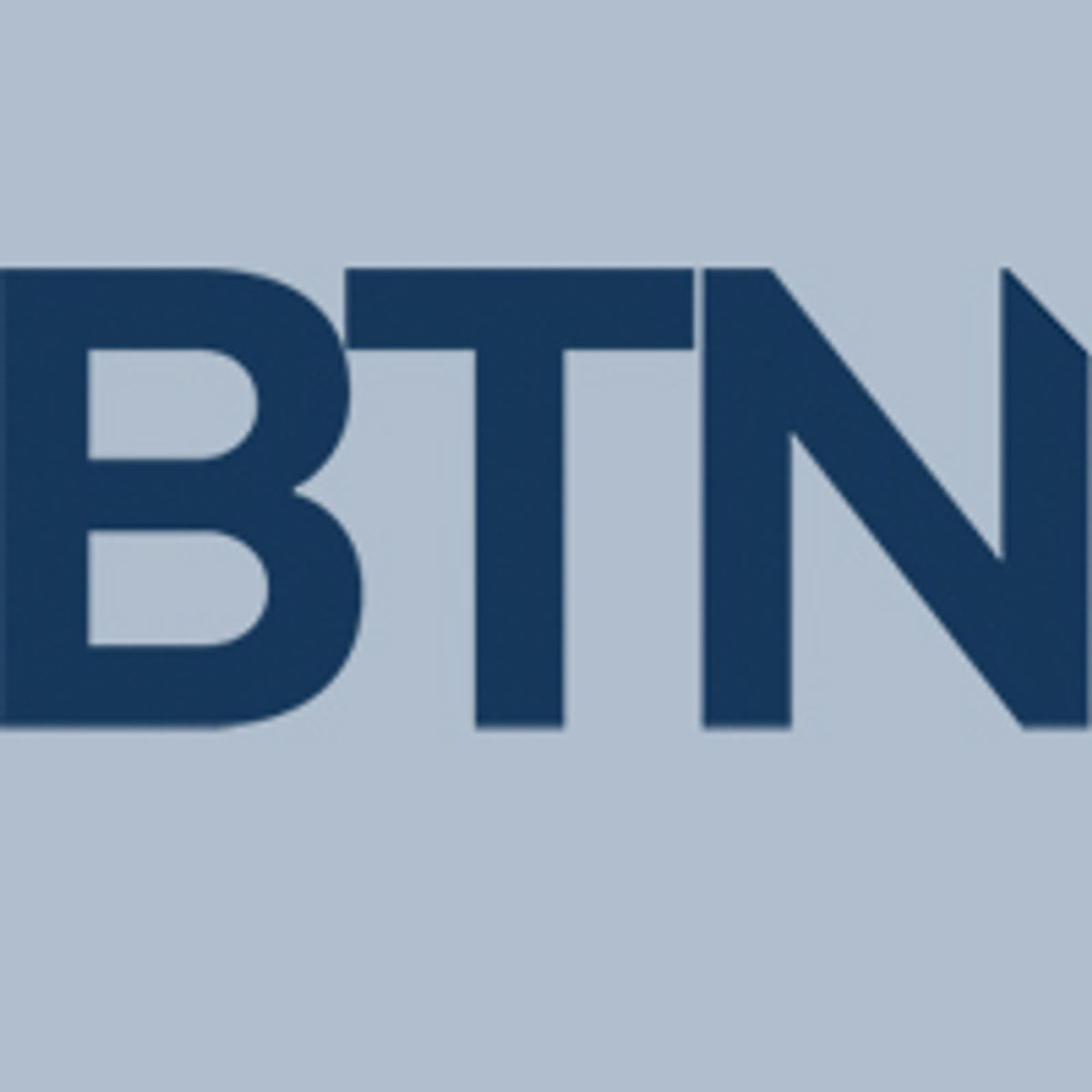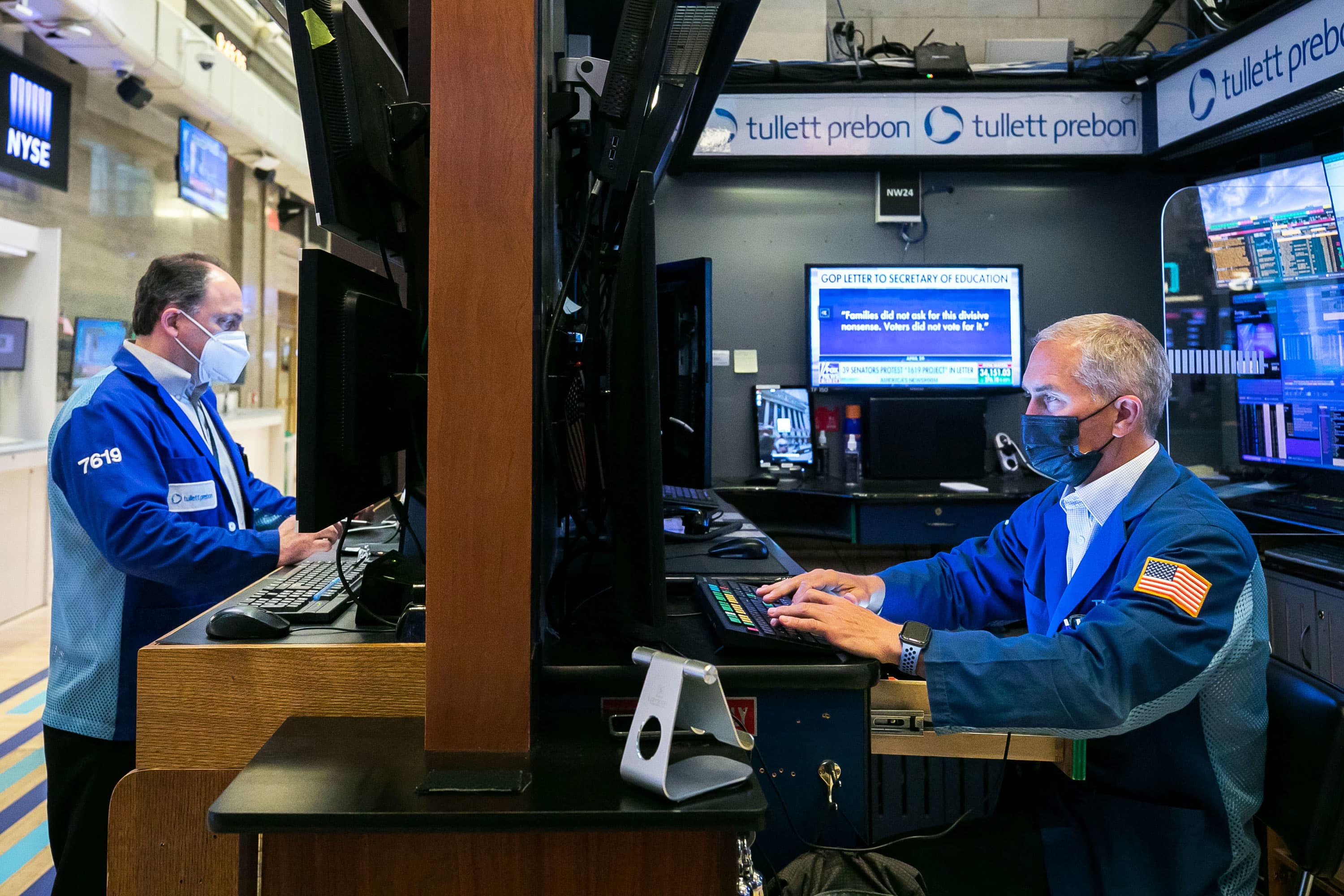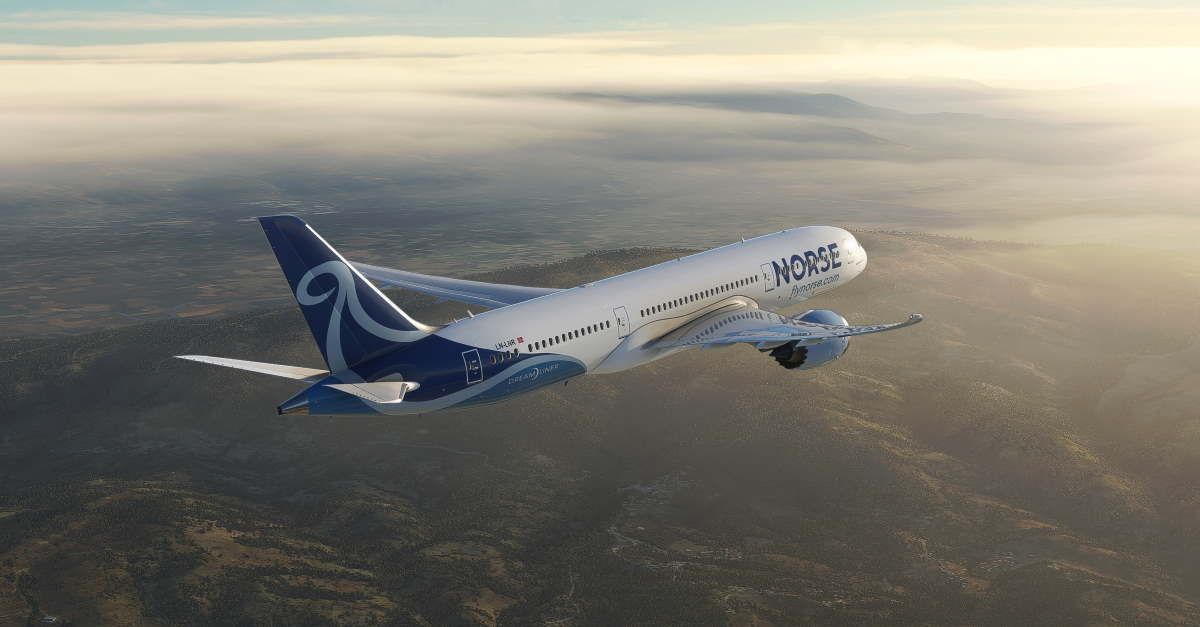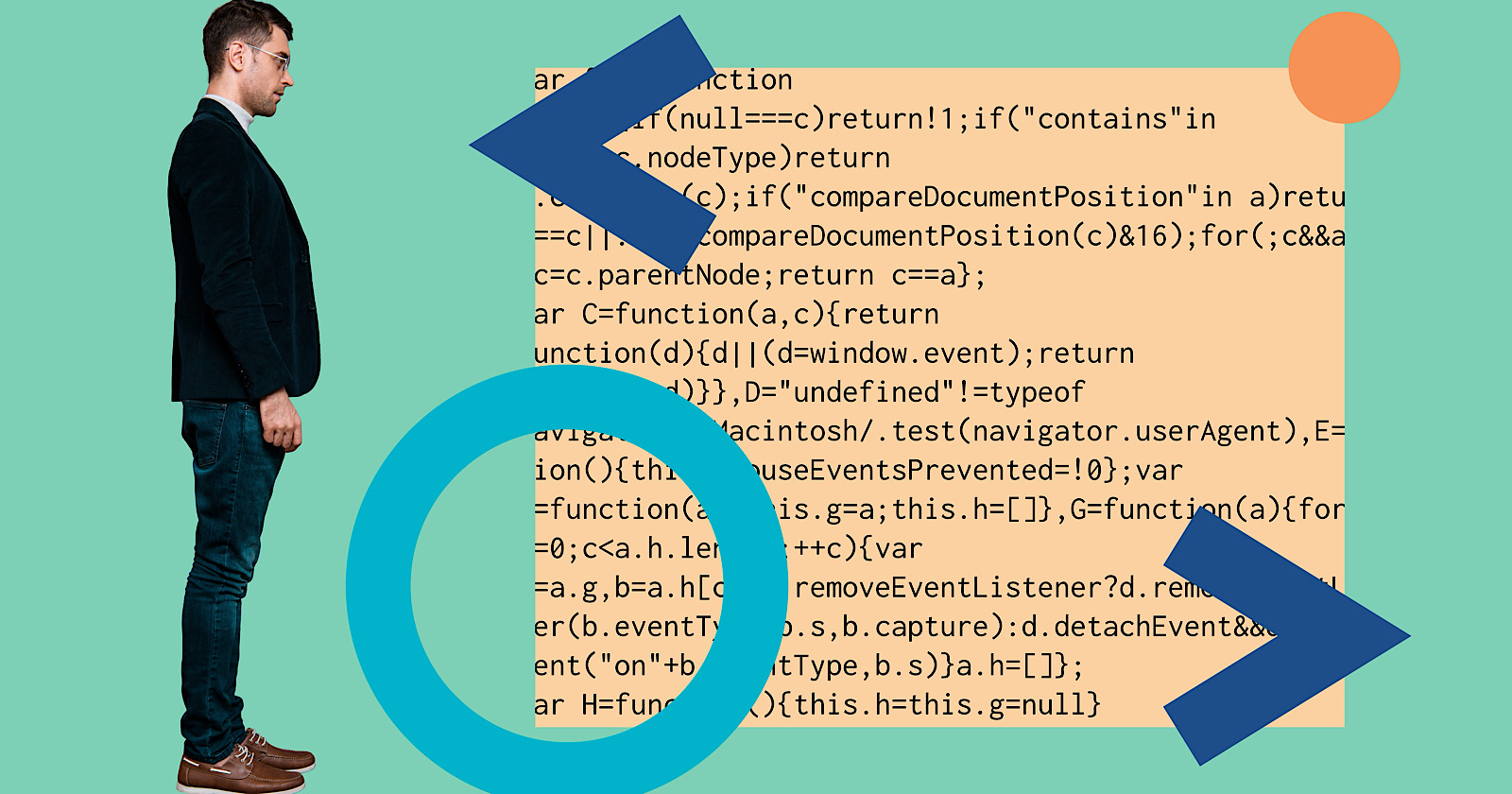Spotnana Direct NDC Connection with United to Realize Retailing Potential
Managed travel technology new entrant Spotnana will announce today a New Distribution Capability direct connect with United Airlines that delivers access and servicing capability for the 40 percent of the carrier's bookable content that is not available in traditional...

Managed travel technology new entrant Spotnana will announce today a New Distribution Capability direct connect with United Airlines that delivers access and servicing capability for the 40 percent of the carrier's bookable content that is not available in traditional EDIFACT channels.
The Spotnana connection will enable travel agents, United agents and travelers themselves to interact with United NDC content and resultant agency bookings. It includes online booking capabilities as well as self-service post-booking changes like dates, cities and seats, as well as appending a loyalty account to or canceling the booking without agent assistance. TMC and United agents will have access to the same capabilities, allowing cross-channel servicing and information about the booking to be shared among the agency of record, the traveler and the airline, including such elements as waiver codes.
According to United VP of sales strategy and effectiveness Glenn Hollister, the Spotnana direct connect is different from airline aggregators and global distribution systems that focus mostly on funneling NDC content to travel management companies, the latter of which may then struggle to service the bookings within the framework of their existing agency processes. While United makes all NDC content available to GDSs and aggregators, he said, the real enablers in the equation are United's proprietary ticket stock combined with Spotnana's tech stack.
"The other aggregators are mostly about getting NDC content to an agency," Hollister told BTN, adding they haven't addressed as much the booking capability or servicing. "Spotnana is an end-to-end solution that includes the booking tool and servicing and back-end processes and everything."
Hollister estimated it will take companies using NDC content through GDSs and aggregators at least two years, moving at the pace various TMCs, OBTs and mid-office providers have been moving, to catch up to the servicing capabilities Spotnana now has unlocked.
"They are fast—from the time they got the United credentials to launching a usable direct connect, it took only three months. And the work is high-quality," he said. "Other partners have taken three years to complete that work. A partner like this opens up a lot of possibilities."
Is Retailing a Reality?
One of those possibilities is a realization of a vision that the carrier rolled out last year with the United for Business Blueprint request-for-proposals tool. While United certainly isn't the only airline with sights set on a robust retailing platform, the carrier created a framework that at the time could not be utilized to any great degree within the context of traditional travel management technology and structures.
The Blueprint is predicated on a corporate travel contract that defines not only negotiated rates but also corporate bundles that might include seat upgrades, priority access, free or reduced-fee Wi-Fi or a lounge pass, but also fine tuning those bundles to understand who is booking that ticket—and delivering more or even fewer negotiated benefits depending on the loyalty status level of the individual.
Spotnana's tech stack includes an NDC-ready booking tool that can offer bag carriage and an extended seat map for upgrades. It will register the traveler's loyalty status and enable booking for entitlements like complimentary seat upgrades for Gold Premier members and higher. As a result, the technology begins to automate that type of contract negotiated within the Blueprint framework.
"The traditional EDIFACT channel doesn't support us doing much other than fares," Hollister said. "NDC gives us the ability to deliver a lot of things to a corporation in a customized or bespoke way that are not possible with EDIFACT."
Still, without wider adoption of an end-to-end solution, the capability of a tool like the Blueprint RFP will continue to be limited if the industry lacks the booking, automation and servicing capabilities to support it.
Will TMCs Shift?
Spotnana executives have been vocal about the success of company's direct NDC connection with American Airlines after the carrier pulled 40 percent of its fares out of traditional EDIFACT channels in April. The United Airlines connection draws similar commentary from the company.
"This whole NDC thing—the foundation is really the tech stack," said Spotnana founder and CEO Sarosh Waghmar, who established WTMC a decade ago as a precursor to Spotnana, with the idea of building the most robust direct-connect network possible at that time.
"We've been very intentional about NDC and have build the technology to convert its potential." He pointed to the limits of existing mid-office technology—now offered primarily by Concur Compleat and Cornerstone IQCX. "We built our own, and we have no reliance on GDS structures," which traditionally have dictated mid-office processes around the passenger name record.
As the agita around servicing New Distribution Capability bookings via traditional agencies reached a fever pitch in April, Spotnana capitalized on its difference—not only as a TMC itself but as a provider of technology for TMCs.
Mega agency CWT announced last week it would offer a Spotnana-powered end-to-end technology stack as an option to its clients. Multiple sources have told BTN another mega agency is using Spotnana technology to support key clients.
Waghmar told BTN that Spotnana has active conversations underway with another 50 TMCs looking to leverage its solution, and not solely for the immediate proposition around United and American NDC connections. Spotnana is in advanced stages of NDC direct connects with a number of other airlines, Waghmar told BTN, but declined to name them on the record.
While the opportunity of retailing and curating the traveler experience has caught the industry imagination around the potential of NDC; direct connections also bring a different value to the table by reducing GDS distribution costs, which have been a perennial friction point for airlines. And that, said Waghmar, should get more attention in corporate negotiations as well.
"For whatever reason we don't like to talk about this as an industry, but a direct connect brings a different value to the table," he said, adding that if the buyer is saving the airline money by taking distribution costs away, it should increase their leverage to negotiate amenities and added-value options. "Because I'm doing NDC and reducing costs, why not give me a free upgrade, or two-day changes for free?" he said, then pivoted to a much broader shift.
"At the end of the day, the airline distribution landscape is changing. We talked about this for many years. No one thought they would pull the plug," he said about American Airlines' overt moves this year, but also about United's quietly similar strategy. "To survive, TMCs need a different operating system—not script writers, OBT admins or different content aggregators and [content] licensing fees. We just need a different tech stack."

 AbJimroe
AbJimroe 































![Is Your SEO Strategy Built for the AI Era? [Webinar] via @sejournal, @hethr_campbell](https://www.searchenginejournal.com/wp-content/uploads/2025/07/6b-240.png)
